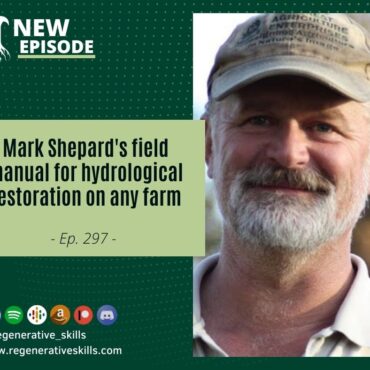
Mark Shepard’s field manual for hydrological restoration on any farm.
Since the three part series that Nick and I recorded about the vast array of drought mitigation and recovery solutions for people in different living situations we’ve gotten a lot […]

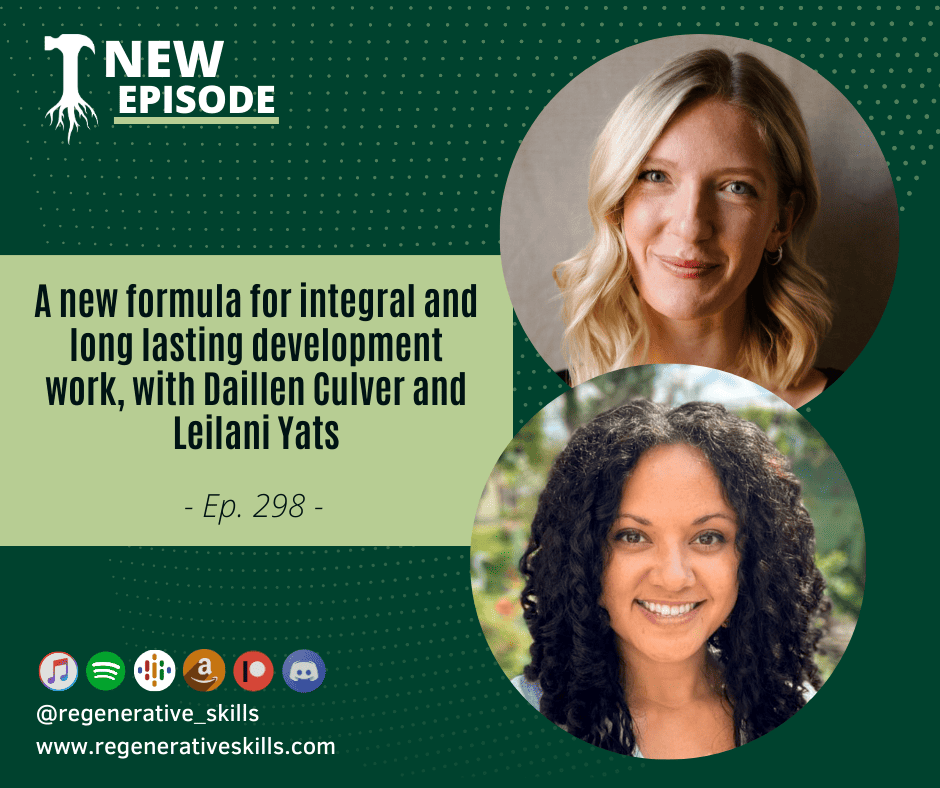
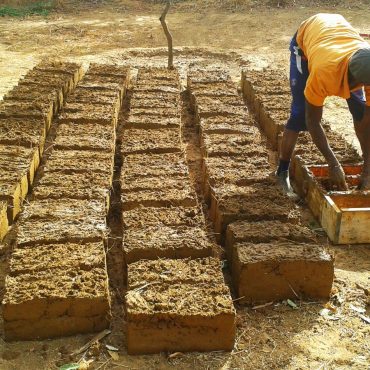
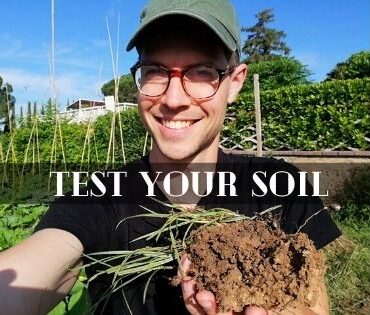
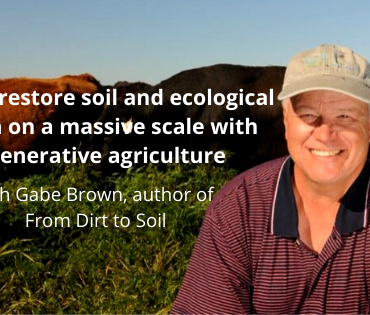
Post comments
This post currently has no comments.